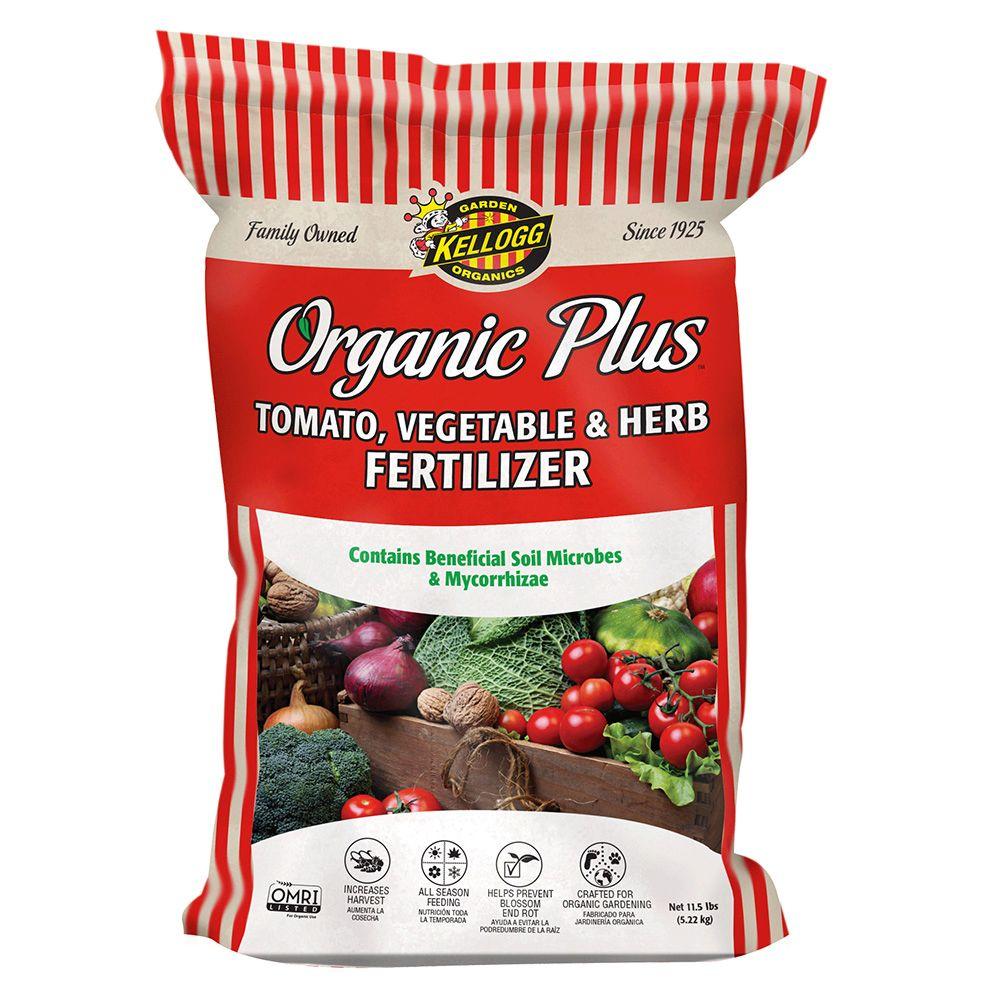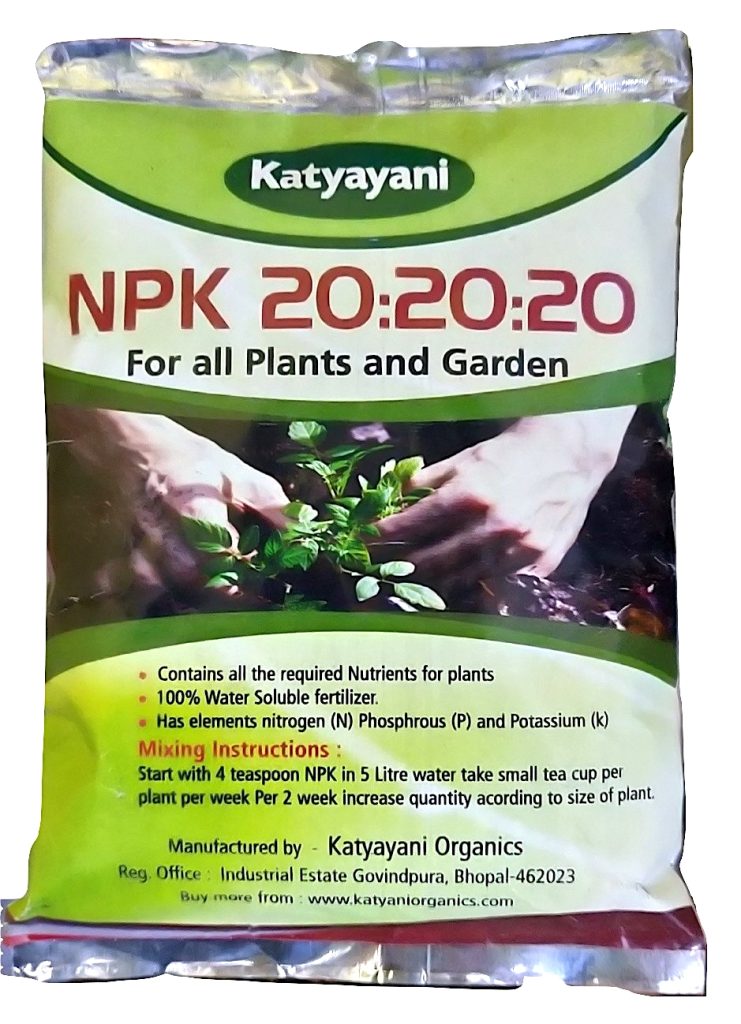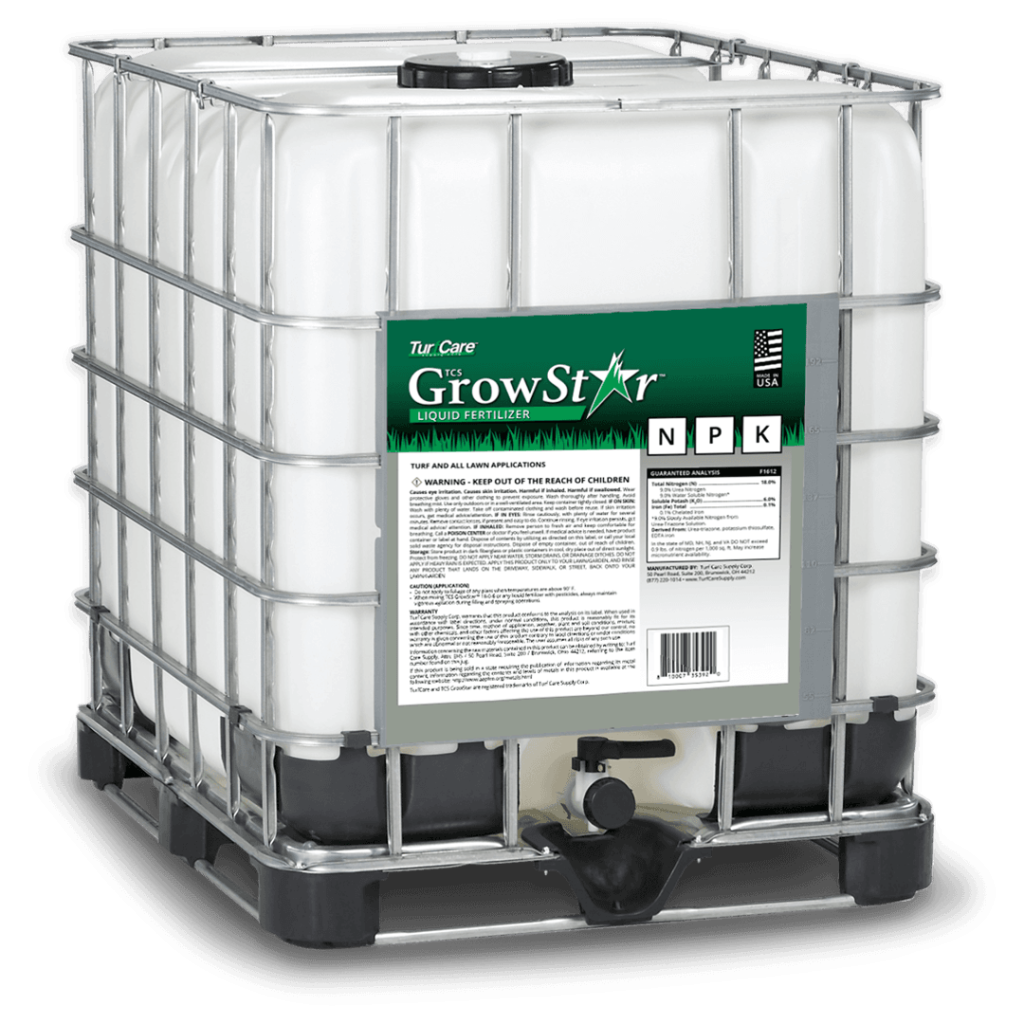We have Various types of Fertilizers FOR SALE
Are you looking to give your plants the boost they need to thrive? Look no further! We have a wide range of fertilizers for sale that can help you achieve lush, vibrant gardens and bountiful harvests. Whether you’re a seasoned gardener or just starting out, understanding the different types of fertilizers available can make all the difference in your plant’s health and growth. Let’s dive into the world of fertilizers and explore how they can elevate your gardening game!
Types of Fertilizers:
When it comes to fertilizers, there are several types available to cater to different needs.
Organic fertilizers are derived from natural sources like compost, manure, or bone meal. They help improve soil structure and provide slow-release nutrients for plants.
Inorganic fertilizers, on the other hand, are synthetically made and offer a quick nutrient boost to plants. These can be tailored to suit specific nutrient deficiencies in the soil.
Liquid fertilizers come in liquid form and are easy to apply through watering cans or sprayers. They provide an instant nutrient uptake for plants and are convenient for foliar feeding.
Each type of fertilizer has its own advantages and applications depending on the plant’s requirements and the soil conditions. It’s essential to understand these differences when choosing the right fertilizer for your garden or crops.
Organic Fertilizers
Organic fertilizers are derived from natural sources such as compost, manure, or plant materials. These types of fertilizers contain essential nutrients that are slowly released into the soil, providing long-term benefits to plants.
One of the key advantages of organic fertilizers is their ability to improve soil structure and promote microbial activity, creating a healthy environment for plant growth. They also help increase water retention in the soil, reducing the need for frequent watering.
By using organic fertilizers, you can enrich the soil with beneficial microorganisms and nutrients without introducing harmful chemicals. This promotes sustainable farming practices and reduces environmental impact.
Furthermore, organic fertilizers contribute to overall soil health by promoting biodiversity and reducing reliance on synthetic inputs. Their gradual release of nutrients ensures steady growth and development for plants without causing nutrient imbalances or leaching issues.
Choosing organic fertilizers can lead to healthier plants, improved soil quality, and a more sustainable approach to gardening or farming practices.


Inorganic Fertilizers
Inorganic fertilizers are synthetic nutrients manufactured for quick absorption by plants. These fertilizers typically contain concentrated forms of nitrogen, phosphorus, and potassium. While inorganic fertilizers provide immediate nutrient availability to plants, they can also leach into water sources if not used correctly.
One advantage of inorganic fertilizers is their precise nutrient content, allowing for targeted plant nutrition. However, overuse of these fertilizers can lead to soil acidification and imbalances in the ecosystem. It’s important to follow recommended application rates and schedule when using inorganic fertilizers.
Some common types of inorganic fertilizers include ammonium nitrate, superphosphate, and potassium sulfate. Each type has specific benefits depending on the plant’s needs and soil conditions.
In choosing an inorganic fertilizer, consider factors like nutrient requirements of your plants and existing soil composition.
Liquid Fertilizers
Liquid fertilizers are a convenient and effective way to provide nutrients to plants in a readily available form. They come in various formulations catering to different types of plants and specific nutrient needs.
One of the key advantages of liquid fertilizers is their quick absorption by plant roots, allowing for rapid nutrient uptake and promoting healthy growth. These fertilizers are also easy to apply using watering cans or sprayers, enabling even distribution across the soil.
Since liquid fertilizers are already dissolved in water, they can be easily adjusted for specific plant requirements by diluting them accordingly. This flexibility makes them suitable for both indoor and outdoor plants, offering targeted nutrition based on individual plant needs.
Whether you’re looking to boost flower production, enhance foliage growth, or improve overall plant health, liquid fertilizers provide a versatile solution for all your gardening needs.

Benefits of Using Fertilizers
Using fertilizers can have numerous benefits for your plants or crops. One key advantage is that they provide essential nutrients to the soil, promoting healthy growth and increased yields. By replenishing the soil with nutrients like nitrogen, phosphorus, and potassium, fertilizers help ensure that plants have everything they need to thrive.
Another benefit of using fertilizers is improved soil structure. Fertilizers can enhance the soil’s ability to retain water and nutrients, which is crucial for plant health. This leads to better root development and overall plant vitality.
Fertilizers also play a vital role in correcting nutrient deficiencies in the soil. If certain essential nutrients are lacking, applying the right fertilizer can address these deficiencies and prevent stunted growth or poor crop quality.
Moreover, fertilizers can contribute to environmental sustainability by maximizing agricultural productivity on existing land. This efficiency helps reduce the need for expanding farmland into natural ecosystems.
In essence, utilizing fertilizers appropriately can lead to healthier plants, higher yields, improved soil quality, and sustainable farming practices.
Factors to Consider When Choosing a Fertilizer:
When choosing a fertilizer for your plants or crops, several factors should be taken into consideration to ensure optimal growth and health.
Consider the type of plant you are fertilizing as different plants have varying nutrient requirements. Some may thrive with organic fertilizers, while others may benefit more from inorganic options.
Analyze the soil pH and nutrient levels in your garden or farm. Understanding these levels will help you choose a fertilizer that complements the existing conditions and promotes balanced growth.
Moreover, take into account the climate and environment where your plants are located. Certain fertilizers work better in specific climates, so it’s essential to select one that aligns with your growing conditions.
By carefully evaluating these factors, you can make an informed decision when selecting the right fertilizer for your plants’ needs.
– Type of Plant or Crop
When choosing the right fertilizer, considering the type of plant or crop you are growing is crucial. Different plants have varying nutrient needs to thrive and produce healthy yields. For example, vegetables may require different nutrients compared to flowering plants or grass.
Understanding the specific requirements of your plants will help you select a fertilizer that provides the necessary nutrients for optimal growth. Some crops may need higher levels of nitrogen for leafy growth, while others might benefit from more phosphorus for root development.
Taking into account the unique needs of your plants ensures they receive proper nourishment throughout their growth cycle. Whether you’re cultivating fruits, vegetables, ornamentals, or herbs, matching the fertilizer to your plant’s requirements can lead to healthier and more abundant harvests.
By tailoring your choice of fertilizer based on the type of plant or crop you are tending to, you set yourself up for success in achieving vibrant and thriving greenery.
– Soil pH and Nutrient Levels
When choosing the right fertilizer for your plants, considering the soil pH and nutrient levels is crucial.
Soil pH indicates how acidic or alkaline the soil is, affecting nutrient availability to plants. Different plants thrive in varying pH levels, so it’s essential to match the fertilizer accordingly.
Nutrient levels in the soil determine what elements are lacking or abundant for plant growth. Testing your soil can help identify deficiencies that specific fertilizers can address effectively.
Adjusting soil pH and supplementing nutrients through fertilization can optimize plant health and yield. It’s like giving them a tailored diet for optimal growth and development.
By understanding your soil composition, you can make informed decisions on which fertilizers will provide the necessary nutrients for your plants to flourish.
– Climate and Environment
When considering the climate and environment, it’s essential to understand how they impact the effectiveness of fertilizers. Different regions have varying weather patterns and soil compositions that can influence the way plants absorb nutrients from fertilizers.
For instance, in areas with high rainfall, there may be a risk of nutrients leaching away before plants can utilize them fully. In contrast, arid climates may require more frequent watering to ensure that plants receive enough nutrients from the fertilizer applied.
Furthermore, factors like temperature fluctuations and humidity levels can also play a role in determining which type of fertilizer would work best for specific crops or plants. It’s crucial to consider these environmental elements when selecting the right fertilizer for your gardening needs.
Popular Brands and Their Features
When it comes to fertilizers, there are several popular brands known for their quality and effectiveness. One of the well-known brands is Miracle-Gro, which offers a wide range of fertilizer products tailored for different types of plants and gardens. Their formulas are designed to provide essential nutrients that promote healthy growth and vibrant blooms.
Another reputable brand is Scotts, recognized for its innovative fertilizers that help improve soil quality and enhance plant resilience. Scotts products are often favored by professional landscapers and avid gardeners alike for their consistent results.
Espoma is another top brand in the world of organic fertilizers, providing environmentally friendly options made from natural ingredients like bone meal and kelp. These fertilizers enrich the soil without harmful chemicals, promoting sustainable gardening practices.
Jobe’s Organics is also a popular choice among eco-conscious gardeners looking for effective organic fertilizers that nourish plants without synthetic additives. With a focus on sustainability, Jobe’s Organics offers blends that support long-term soil health while boosting plant growth